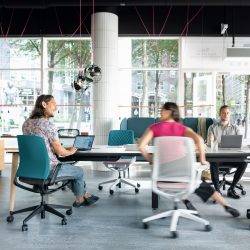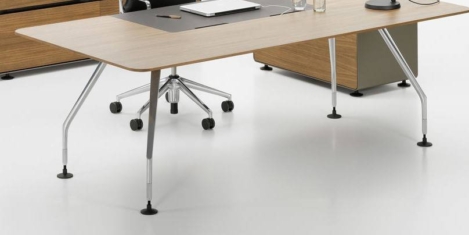To provide the best experiences, we use technologies like cookies to store and/or access device information. Consenting to these technologies will allow us to process data such as browsing behaviour or unique IDs on this site. Not consenting or withdrawing consent, may adversely affect certain features and functions.
The technical storage or access is strictly necessary for the legitimate purpose of enabling the use of a specific service explicitly requested by the subscriber or user, or for the sole purpose of carrying out the transmission of a communication over an electronic communications network.
The technical storage or access is necessary for the legitimate purpose of storing preferences that are not requested by the subscriber or user.
The technical storage or access that is used exclusively for statistical purposes.
The technical storage or access that is used exclusively for anonymous statistical purposes. Without a subpoena, voluntary compliance on the part of your Internet Service Provider, or additional records from a third party, information stored or retrieved for this purpose alone cannot usually be used to identify you.
The technical storage or access is required to create user profiles to send advertising, or to track the user on a website or across several websites for similar marketing purposes.
 The practice of sharing workstations with fellow workers is making people increasingly unhappy, according to a survey of more than 1,000 office workers by real estate firm Savills, who for some reason still insist on referring to it as hot desking in spite of the fact that the idea covers a range of practices that are not hot desking. According to the firm’s study, a mere 12 percent of people believe sharing workstations with their colleagues make them more productive. Half claimed it made them less productive, compared to around a third in a related study two years ago. More →
The practice of sharing workstations with fellow workers is making people increasingly unhappy, according to a survey of more than 1,000 office workers by real estate firm Savills, who for some reason still insist on referring to it as hot desking in spite of the fact that the idea covers a range of practices that are not hot desking. According to the firm’s study, a mere 12 percent of people believe sharing workstations with their colleagues make them more productive. Half claimed it made them less productive, compared to around a third in a related study two years ago. More →
































April 8, 2019
Navigating organisations through digital transformation
by Ian Tickle • Comment, Technology
More →